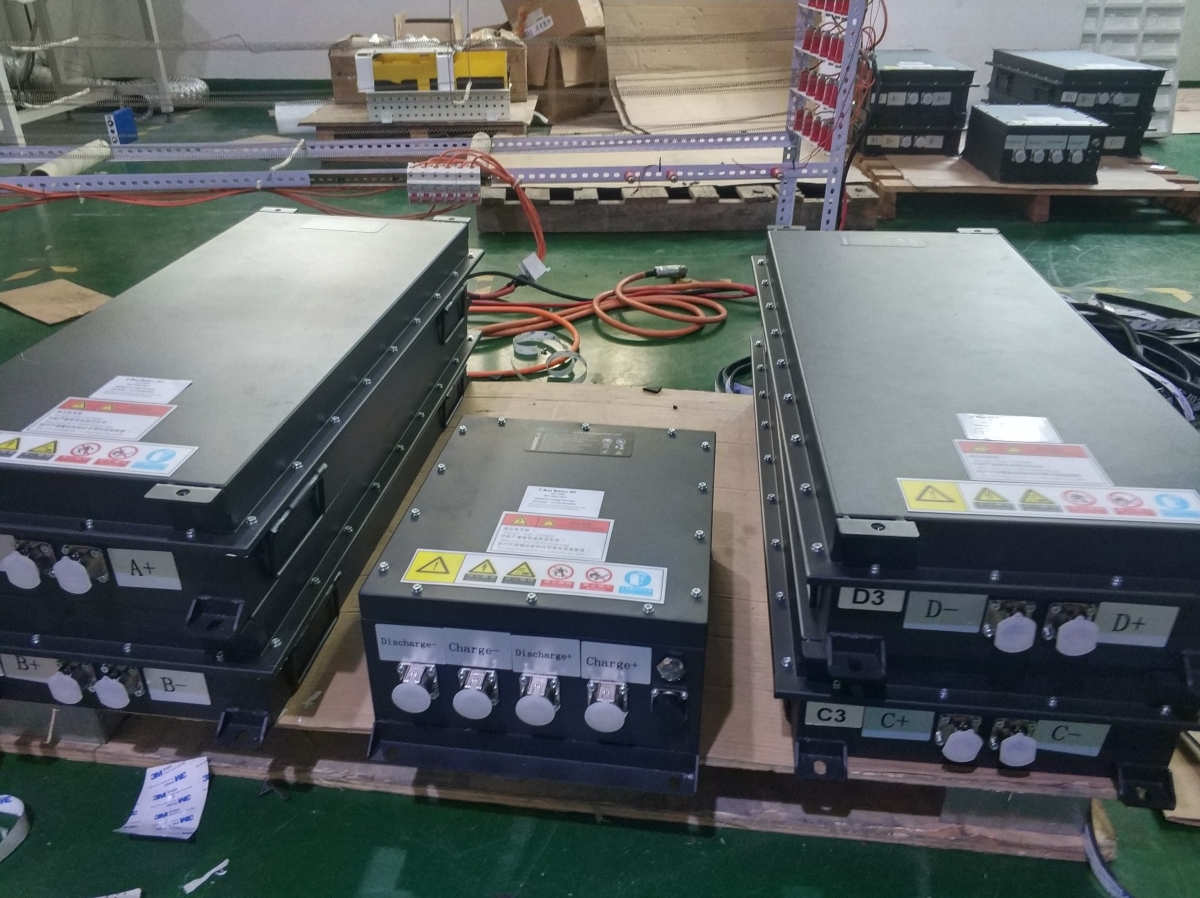- 20
- Dec
Perkin’s development potential: How did rechargeable batteries open the door to the mining trend?
Anglo American and Platinum Group established LionBatteryTechnologies and Florida International University (Florida International University) last year, and obtained US patents on the use of platinum group metals and carbon nanotubes. We spoke with Lion to learn more about the project and the importance of investing in new or expanded industrial uses of the metals it mines.


Platinum group metals have long been regarded as potential changers of sustainable development plans, especially in the fields of emission control and alternative energy. Using their catalytic properties to improve battery performance is an important step forward for electric vehicles and opens the door to longer battery life, not just transportation. Although this concept has not yet been commercialized, Lion Battery Technology believes they are approaching.
The joint venture was established in 2019 to support the work of Dr. Bilal el-Zahab. Bilal el-Zahab, assistant professor of mechanical and materials engineering at Florida International University (FIU), has been studying the benefits of adding platinum group metals to battery technology. In particular, Dr. El Zahab found that when platinum group metals palladium and platinum are added, the efficiency of both lithium-oxygen batteries and lithium-sulfur batteries is improved, thereby increasing the energy density and recyclability of the batteries. The recent patents have added fuel to the fire, and the project is expected to be on the market soon, making platinum group metals an upstart in the battery industry. In a conversation with R. Michael Jones, CEO of Platinum Group, he said that two years ago, the current state of battery technology was clearly insufficient to meet the needs of a rapidly modernizing world. He said: “Mobile phone batteries will age after one year of charging and discharging.” “Batteries of pure electric vehicles weigh more than 300 kilograms, but the cruising range is still a problem.
The modern world has changed from the battery-powered flashlights in the hands of our ancestors.
“Although lithium batteries can be described as a revolutionary battery type, the existing models have short battery life and overheating-in addition to the charging capacity, Dr. El Zahab’s work also tries to solve these problems.” Jones He added: “Modern lithium batteries are good and an improvement, but they are still not what we need.” Lithium is likely to be the winner of the battery, because it is very light and has a lot of electrons to use, so it has good electrical properties. But there are other chemical elements that can improve the battery when added to its internal chemical composition.
“Although platinum and palladium are currently in great demand in the catalytic converters of gasoline-powered vehicles, their well-known ability to act as catalysts and fuel processing reactions means that they improve battery performance while saving money and environmental costs in the process. Good candidate materials. Although existing lithium-air batteries and lithium-sulfide batteries can be very powerful, history has proven that recycling is a challenge. Dr. El Zahab and his team of six nanomaterials experts, as well as a battery postdoctoral team, have proven Platinum group metals not only help stimulate the response, but also improve the charge-discharge cycle. In order to determine the effectiveness of these materials in the battery, the team ran “hundreds” of experimental batteries, tracked their performance every day, and adjusted their structure And platinum group metals to find the best performance.
What’s next? Work on the new battery is progressing well. The FIU team completed the first year of research and passed their first technical milestone. This patent is a huge success of the project called “Cathode Battery with Improved Stability” and includes the use of innovative technologies such as carbon nanotubes in lithium batteries. As an award to FIU, the university signed a research and patent application sponsorship agreement with Lion.
Jones said: “Our goal is to take advantage of truly cutting-edge innovations while driving demand for platinum group metals. This first patent grant is the first important milestone in this goal.” Jones believes that as more and more People start to adjust the grid to clear the barriers for the widespread adoption of electric vehicles. The market for cheaper, lighter, and more powerful lithium batteries will grow. Ensuring recyclability has become a priority for many people.
These new batteries are expected to be widely used in electronics and other fields. “Batteries are part of current technology, but if you can increase battery performance by three to five times, it will make electric vehicles and equipment better,” Jones said. “Although it takes three to five years to bring innovations to commercial batteries, the potential is huge.” Although the use of platinum group metals may increase the cost of batteries, Jones said that the higher efficiency of batteries is expected to partially offset the price. Influence. “Platinum group metals are good chemical catalysts, and for this reason, we have used them in the exhaust pipes of cars to clean up exhaust gas,” Jones said.
“The cathode of the battery is lighter and more powerful than the current battery, which makes the battery more powerful and longer life than the current technology.” Although this technology has not been fully developed, the research team confirmed that the cathode contains 10 Up to 12 grams of platinum-based metal carbon nanotubes, you can see significant performance and weight ratio advantages. Jones said the company’s target weight is 144 kg for lithium-air batteries and 188 kg for lithium-sulfur batteries.
More patent applications have been submitted, and the commercialization prospects of the project in the next few years are optimistic. “We are discussing our innovation with commercial battery manufacturers,” Jones said. We have passed the technical milestones of the first year and are expected to achieve the goals for the second year ahead of schedule. “We are very pleased that this concept proves that platinum group metals can play an important role in the next battery innovation.” In fact, AngloAmericanPlatinum announced in 2019 that its profits have more than doubled from the previous year due to the increase in the price of platinum metals. , Which shows the opportunities inherent in this booming industry.
